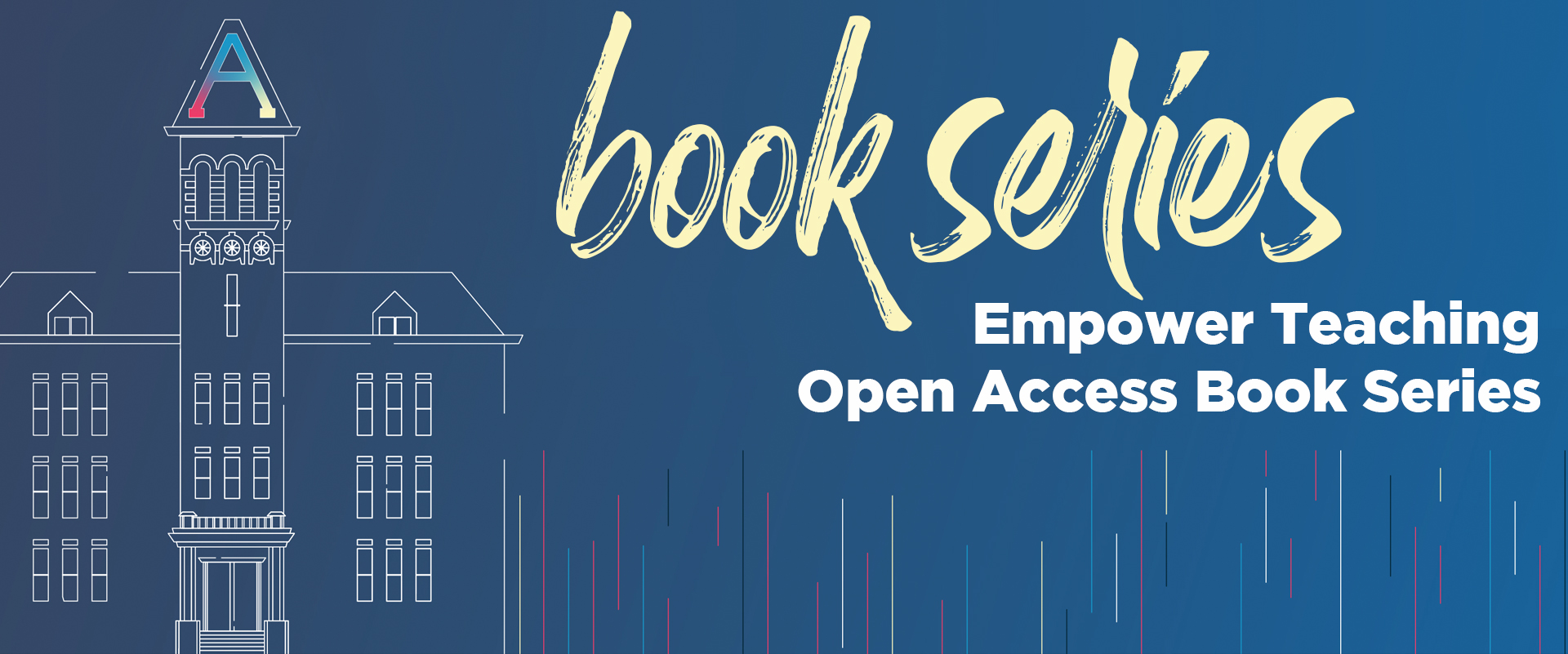Document Type
Chapter
Journal/Book Title/Conference
Making Connections: A Handbook for Effective Formal Mentoring Programs in Academia
Editor
David Law & Nora Domínguez
Publisher
Utah State University
Publication Date
5-15-2023
First Page
274
Last Page
300
Creative Commons License

This work is licensed under a Creative Commons Attribution-Noncommercial-No Derivative Works 4.0 License.
Abstract
What are the pitfalls of conventional student, faculty, and staff mentoring programs? Despite good intentions, how might they negatively impact Black, Indigenous, and People of Color (BIPOC), as well as other marginalized faculty who are women, LGBTQIA+, Persons with Disabilities (PWD), or first-generation college students (e.g., grew up in household where no parent/legal guardian earned a four-year college degree in the United States or abroad)? How could employing an intersectional framework—attention to the simultaneity of systems of oppression and resistance—as inquiry and praxis transform student, faculty, and staff mentoring programs? This chapter examines the challenges and possibilities for advancing equity and inclusion that considers simultaneous and complex social identities and statuses of faculty, students and staff (and complex identities such as BIPOC, women, first-generation college status, and/or PWD), as relevant to structuring successful mentoring programs.
In this chapter, we (a) explain the vital necessity of mentoring to advance inclusive excellence, (b) discuss mentors’ role in designing strategies for creating more inclusive educational and scholarly environments, and (c) review impediments to successful mentoring practices that have deleterious effects on students, faculty, and staff who are BIPOC, women, PWD, LGBTQIA+, and first-generation college status. This review shines a light on a number of common missteps in mentoring relationships, including senior staff and faculty members’ fixed mindsets and one-dimensional approaches toward students, staff, and junior faculty from marginalized groups; deficit perspectives about junior faculty members’ intellectual contributions; color-, gender-, disability-, class-, and other power-evasive perspectives on the part of senior faculty and their resultant lack of intervention when students, staff, and junior faculty are targets of microaggressions and bullying; insensitive and triggering comments by senior faculty (even as content in conventional mentoring trainings); and lack of critical reflexivity amongst faculty who have been assigned to serve as mentors to BIPOC, PWD, LGBTQIA+, first-generation college status, students, staff, and other faculty.
Based on this review, we recommend several promising practices for mentoring BIPOC, PWD, LGBTQIA+, first-generation college status, and other minoritized students, staff, and faculty at all ranks, including but not limited to the importance of critical reflexivity and centering the assets of mentees so that senior faculty can become better mentors to students (both undergraduate and graduate), staff, and other faculty.
Recommended Citation
Zerai, Assata and López, Nancy, "Chapter 12- A New Vision for Promoting Equity and Inclusion in Academic Mentoring Programs" (2023). Making Connections. Paper 14.
https://digitalcommons.usu.edu/makingconnections/14



